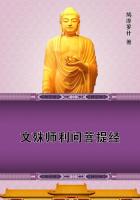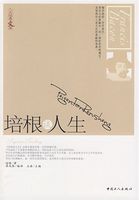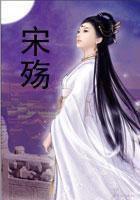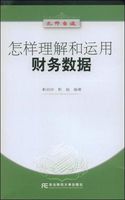"Maeonia, Phrygia, Troia there were met, And there the King, child of Laomedon, Rich prizes for the vanquishers had set, Damsels, and robes, and cups that like the sun Shone, but the white bull was the chiefest one;And him the victor in the games should slay To Zeus, the King of Gods, when all was done, And so with sacrifice should crown the day.
XXXVI.
"Now it were over long, methinks, to tell The contest of the heady charioteers, Of them the goal that turn'd, and them that fell.
But I outran the young men of my years, And with the bow did I out-do my peers, And wrestling; and in boxing, over-bold, I strove with Hector of the ashen spears, Yea, till the deep-voiced Heralds bade us hold.
XXXVII.
"Then Priam hail'd me winner of the day;
Mine were the maid, the cup, and chiefest prize, Mine own fair milkwhite bull was mine to slay;But then the murmurs wax'd to angry cries, And hard men set on me in deadly wise, My brethren, though they knew it not; I turn'd, And fled unto the place of sacrifice, Where altars to the God of strangers burn'd.
XXXVIII.
"At mine own funeral feast, had I been slain, But, fearing Zeus, they halted for a space, And lo, Apollo's priestess with a train Of holy maidens came into that place, And far did she outshine the rest in grace, But in her eyes such dread was frozen then As glares eternal from the Gorgon's face Wherewith Athene quells the ranks of men.
XXXIX.
"She was old Priam's daughter, long ago Apollo loved her, and did not deny His gifts,--the things that are to be to know, The tongue of sooth-saying that cannot lie, And knowledge gave he of all birds that fly 'Neath heaven; and yet his prayer did she disdain.
So he his gifts confounded utterly, And sooth she saith, but evermore in vain.
XL.
"She, when her dark eyes fell on me, did stand At gaze a while, with wan lips murmuring, And then came nigh to me, and took my hand, And led me to the footstool of the King, And call'd me 'brother,' and drew forth the ring That men had found upon me in the wild, For still I bore it as a precious thing, The token of a father to his child.
XLI.
"This sign Cassandra show'd to Priam: straight The King wax'd pale, and ask'd what this might be?
And she made answer, 'Sir, and King, thy fate That comes to all men born hath come on thee;This shepherd is thine own child verily:
How like to thine his shape, his brow, his hands!
Nay there is none but hath the eyes to see That here the child long lost to Troia stands.'
XLII.
"Then the King bare me to his lofty hall, And there we feasted in much love and mirth, And Priam to the mountain sent for all That knew me, and the manner of my birth:
And now among the great ones of the earth In royal robe and state behold me set, And one fell thing I fear not; even dearth, Whate'er the Gods remember or forget.
XLIII.
"My new rich life had grown a common thing, The pleasant years still passing one by one, When deep in Ida was I wandering The glare of well-built Ilios to shun, In summer, ere the day was wholly done, When I beheld a goodly prince,--the hair To bloom upon his lip had scarce begun, -The season when the flower of youth is fair.
XLIV.
"Then knew I Hermes by his golden wand Wherewith he lulls the eyes of men to sleep;But, nodding with his brows, he bade me stand, And spake, 'To-night thou hast a tryst to keep, With Goddesses within the forest deep;And Paris, lovely things shalt thou behold, More fair than they for which men war and weep, Kingdoms, and fame, and victories, and gold.
XLV.
"'For, lo! to-night within the forest dim Do Aphrodite and Athene meet, And Hera, who to thee shall bare each limb, Each grace from golden head to ivory feet, And thee, fair shepherd Paris, they entreat As thou 'mongst men art beauteous, to declare Which Queen of Queens immortal is most sweet, And doth deserve the meed of the most fair.
XLVI.
"'For late between them rose a bitter strife In Peleus' halls upon his wedding day, When Peleus took him an immortal wife, And there was bidden all the God's array, Save Discord only; yet she brought dismay, And cast an apple on the bridal board, With "Let the fairest bear the prize away"Deep on its golden rind and gleaming scored.
XLVII.
"'Now in the sudden night, whenas the sun In Tethys' silver arms hath slept an hour, Shalt thou be had into the forest dun, And brought unto a dark enchanted bower, And there of Goddesses behold the flower With very beauty burning in the night, And these will offer Wisdom, Love, and Power;Then, Paris, be thou wise, and choose aright!'
XLVIII.















